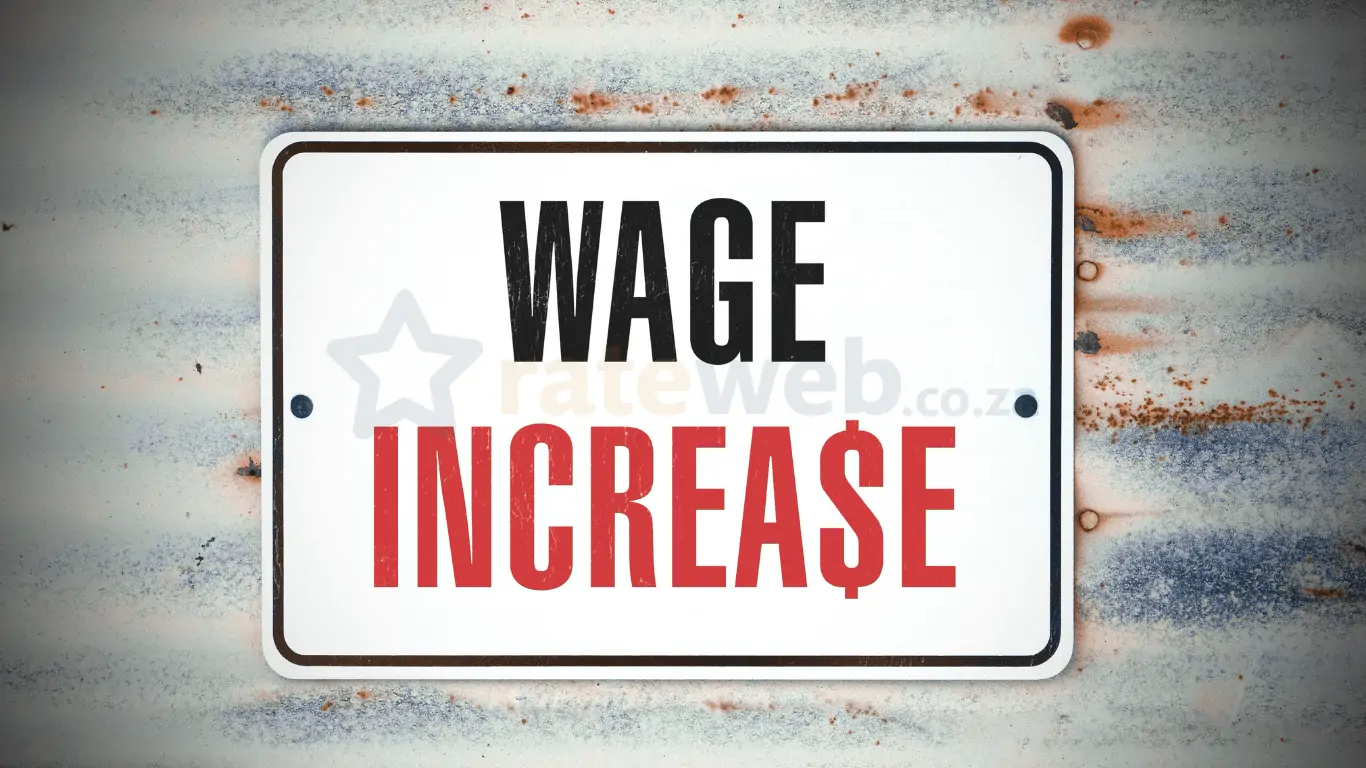
In a recent seminar held at Hotel Savoy in Mthatha, Eastern Cape, the Department of Employment and Labour’s Director: Advocacy & Stakeholder Relations, Dr Pravine Naidoo, shed light on the intricacies of implementing the National Minimum Wage (NMW) in South Africa. The seminar, themed “Paying the National Minimum Wage is the Right Thing to Do”, served as a platform to discuss the implications of the NMW on employment conditions and the potential for unfair labour practices.
As of March 2023, South Africa’s national minimum wage is set at R25.42 per hour, a significant increase from the previous R23.19 per hour. This wage applies to all workers in South Africa, setting a floor below which no worker should be paid. The NMW is a critical component of the country’s labour laws, designed to ensure fair compensation for work and to protect workers from exploitation.
However, the implementation of the NMW has raised concerns about potential unfair labour practices. Dr Naidoo emphasized that it is an unfair labour practice for an employer to unilaterally alter hours of work or other conditions of employment in implementing the NMW. Such actions can be referred to the Commission for Conciliation, Mediation and Arbitration (CCMA) under the Labour Relation Act 66 of 1995 (LRA).
Unfair labour practices in South Africa are defined as deceitful or discriminating acts or omissions that infringe on the rights of employees. In the context of the NMW, reducing hours of work without mutual agreement can be considered an unfair labour practice.
Dr Naidoo also highlighted that the NMW does not include payment of allowances such as transport, tools, food or accommodation, payments in kind -board or lodging, tips, bonuses nor gifts; unless it is specified in the Sectoral Determinations (SDs). He warned employers against making deductions without written agreement from the employee or unless the deduction is required or permitted by law, collective agreement, court order, or an arbitration award.
The CCMA plays a crucial role in resolving disputes related to unfair labour practices and NMW violations. Unathi Ramabulana, addressing the seminar, explained that the CCMA has jurisdiction to conciliate and arbitrate disputes brought directly to it by an employee earning below the threshold (R241 110.59 per year) for any amount owing in terms of the National Minimum Wage Act, a contract of employment, a sectoral determination, or a collective agreement.
CCMA Acting Regional Commissioner, Christopher Blayi, further elaborated on the BCEA and NMWA related disputes referral processes to the Commission. He emphasized that disputes must be heard within 30 days via Con-Arb and that compliance orders and undertakings can be referred to the CCMA to be made an Arbitration Award, which can be executed via Sheriff of the court.
In the 2022/23 financial year, the Commission in Mthatha received 16 referrals for failure to pay an amount owing in terms of the NMWA. However, so far, there has been no referral for such claims in the current year. Commissioner Blayi concluded the seminar with a powerful message: “If you think compliance is expensive, try noncompliance.”
As South Africa continues to navigate the complexities of fair employment and labour practices, the role of the NMW and institutions like the CCMA becomes increasingly crucial. Employers and employees alike must understand their rights and responsibilities under the law to ensure a fair and equitable workplace.
This website uses cookies.